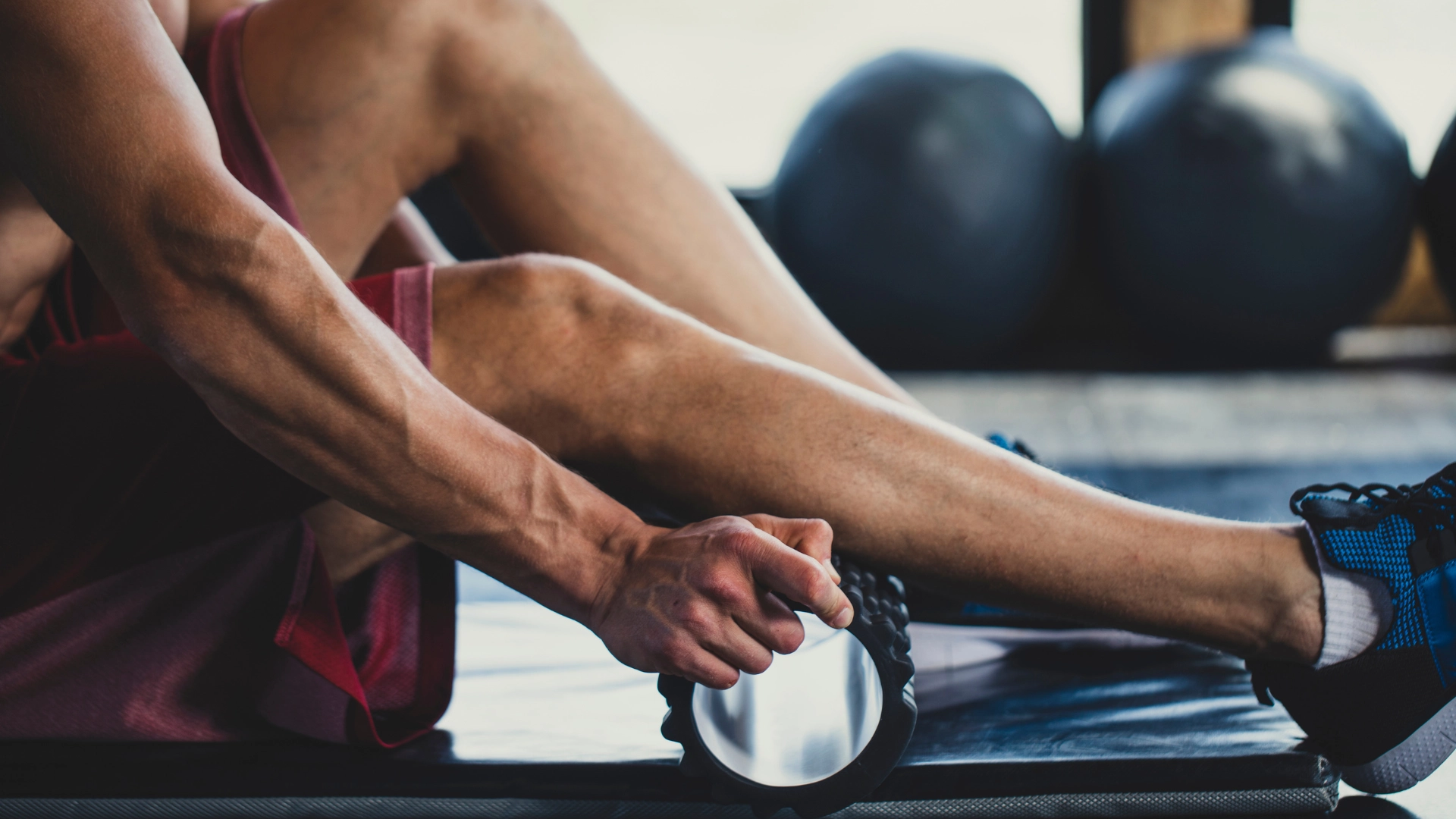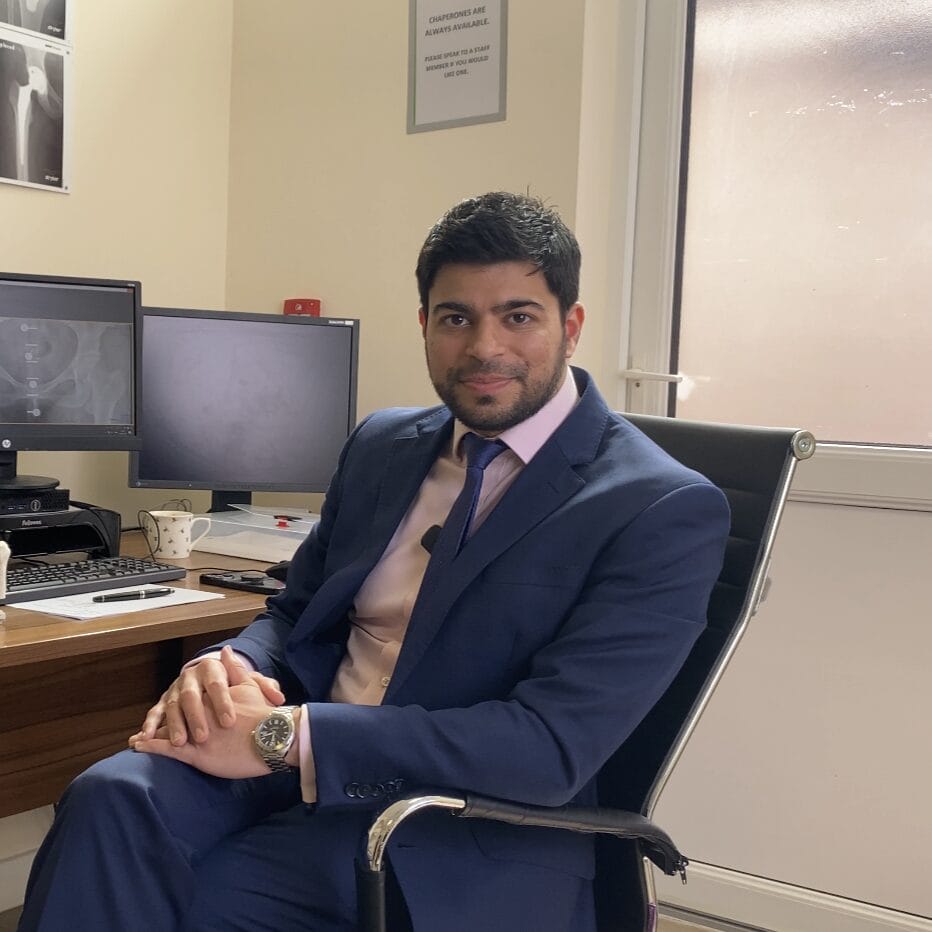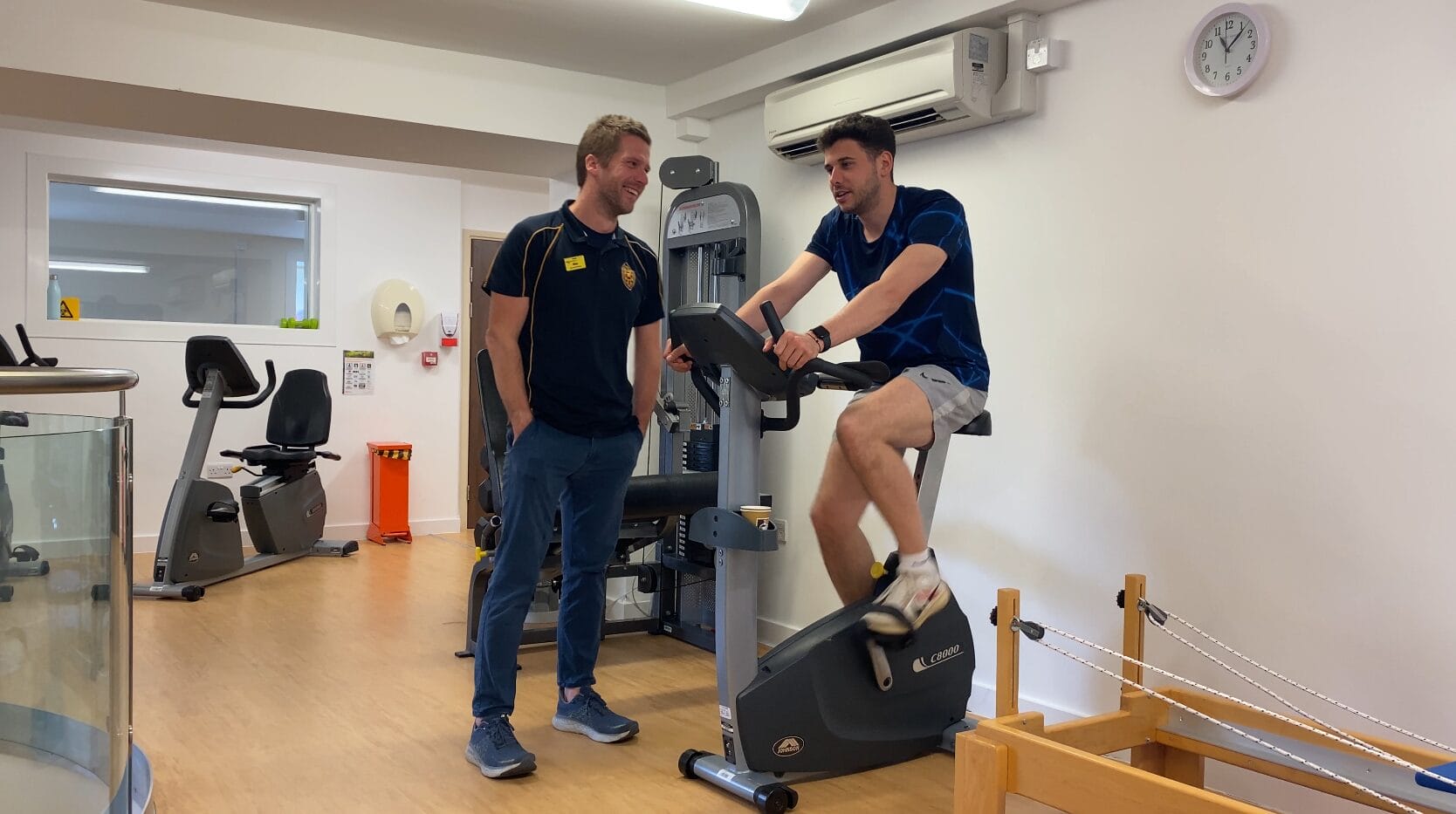by Claire Powell Chartered Physiotherapist
Are you sitting too long?
Current UK exercise guidelines recommend that adults take at least 150 minutes (2.5 hours) of moderate to vigorous intensity physical activity each week, aiming to be active every day. However, it has been estimated that in Western countries 75% of work is now performed sitting and modern lifestyles are becoming more sedentary.
Many office jobs require long hours of sustained sitting, which is a position of spinal flexion. More people are sitting on the way to and from work, spend most of their working day sitting, and then relax in the evening slumped on the sofa. For instance, about 87% of Australians over 15 watch an average of more than 3 hours of television each day. Thus activities of sustained spinal flexion dominate many peoples’ every-day lives.
When soft tissues are exposed to sustained loading in a single direction, like when sitting long periods, a phenomenon known as ‘creep’ occurs. This slight movement in the tissues results from rearrangement of collagen fibres and water being squeezed from the soft tissue. If the sustained loading is not excessive the soft tissues recover reasonably quickly, for example if you stand up after 15–20 minutes of sitting.
However, loading with limited interruption and frequent repetition, despite the fact that these are normal loads, can alter the mechanical properties of the soft tissues. Thus despite no obvious trauma, these tissues become susceptible to fatigue failure, and the gradual development of musculoskeletal symptoms e.g. lower back pain.
For these reasons, it is important to change your posture regularly and avoid sitting for long periods of time. Try getting up or changing posture every hour for at least 2 minutes. Moving and stretching on a regular basis will keep your joints, ligaments and muscles healthier, which in turn should make you more comfortable and productive.
If your occupation requires you to sit for long periods, here are some guidelines to make sure your sitting position causes the least amount of stress on the spine, shoulders and neck.
1. Elbow height
Begin by sitting as close as possible to your desk so that your arms are not reaching out in front of you. Rest your hands on your work surface (desktop, computer keyboard) If your elbows are not at a 90 degrees angle move your chair up or down to achieve this.
2. Thigh measure
Check that you can easily slide your fingers under your thigh, if it is too tight you need to prop your feet up with a footrest. If there is more than a finger width between your thigh and the chair, you need to raise both the desk and your chair.
3. Lower back support
Sit with your bottom right at the back of your seat, your buttock should be pressed against the back of the chair.
4. Calf measure
With your buttocks against the chair back, try to pass your clenched fist between the back of your calf and the front of the chair.
5. Eye level
Your gaze should be aimed at the centre of your computer screen with eye height approximately level with the top of the screen. If your computer screen is higher or lower than your gaze, you need to either raise or lower it.
Horder Healthcare offers physiotherapy services to treat musculoskeletal injuries and runs exercise classes to aid rehabilitation from injury as well as to prevent the gradual onset of problems. Join one of our Pilates, fitness for over 50’s, balance and flexibility or lower limb strength and stability classes to help you achieve your 150 minutes of exercise a week.
What makes Horder Healthcare unique
Horder Healthcare is committed to providing the very best quality of care for our patients and customers. We are continuously working on improving and reducing risks and this is reflected in our consistently high CQC results, patient satisfaction questionnaires and minimal levels of infection.
We are a charity
We reinvest our profit to benefit more people and help us achieve our aim of advancing health.






